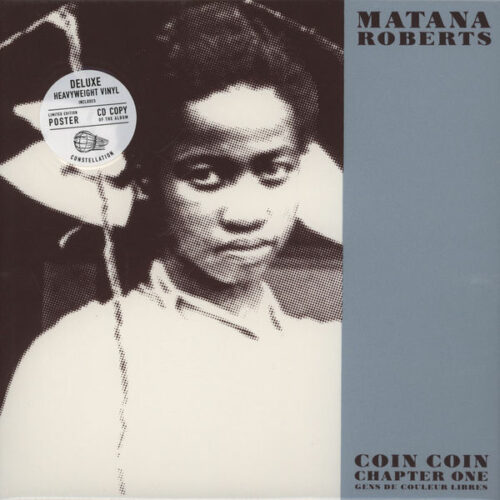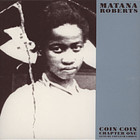The depoliticization of Afro-American music has taken up quite a pace within the last years. Only few seem to remember the times when rap was considered the »CNN for black people« (Chuck D), when breakbeat was yet to reveal its full potential in order to generate a »cultural pace« (Kodwo Eshun). To catch up with this development, it’s not enough to simply try and recollect political slogans. Music itself is in need of a repoliticization, especially at times, when the USA seems as provincial as never before in its history. In this tradition, in which music is seen as a fabric with questions of society woven into it, there are mostly female artists taking the lead: Erykah Badu, Georgia Anne Muldrow and Matana Roberts, whereas the latter has just landed a major hit with her record Coin Coin Chapter One: Gens de Coloeur Libres. First and foremost, the album is a homage to Marie Thérèze Metoyer, also known as: Coincoin, who, living in 19th century South-Lousiana, managed to escape from slavery. But it is also the personal search for clues of her own ancestors. However, the record is not just a historical examination, but quite consciously also a musical one. The saxophonist Matana Roberts, deep-rooted within the Chicago Free-Jazz-Scene, together with Fred Anderson and Von Freeman as mentors of the Modern Creative, is known for her musical open-mindedness, including cooperations with Prefuse 73 and Tortoise. And here, too, she combines Gosple, Blues, R’n’B, Traditionals and Folklore with Jazz, which is why Albert Ayler and John Coltrane seem to float like ghosts above her arrangements. Even comparisons with Max Roach’s We Insist – Freedom Now Suite have already been drawn. It’s its fiery, stirring and, at the same time, thoughtful force, which makes this album so very exceptional in these days.
Artifacts (Tomeka Reid, Nicole Mitchell, Mike Reed)
And Then There’s This
Astral Spirits


